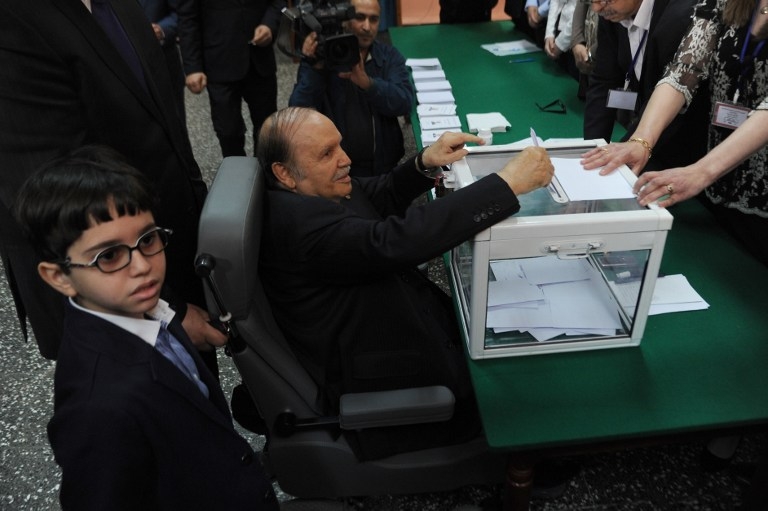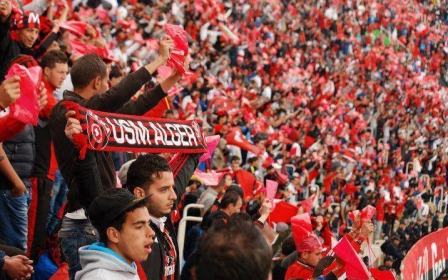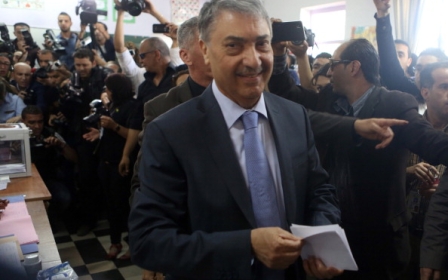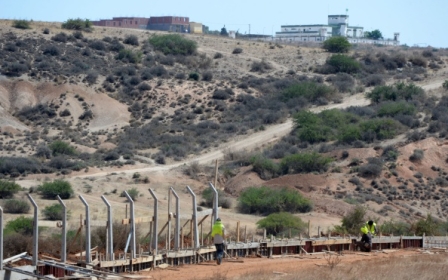Algerian president leaves French hospital

Algerian President Abdelaziz Bouteflika, 77, who has been plagued by ill health since suffering a "mini-stroke" last year, left a hospital in France after undergoing treatment, said a French government source, triggering speculation about the well-being of the ailing leader who has not named a successor.
Bouteflika was admitted to the cardiology unit of a private clinic in the southern city of Grenoble, according to a regional French newspaper, Le Dauphine Libere.
Bouteflika, president since 1999, has hardly been seen in public since April when he stood for election for a fourth time, winning with more than 80 percent of the vote.
The Algerian government has become increasingly brittle since Bouteflika suffered a mini-stroke in April of 2013 and spent 80 days at the Val-de-Grace military hospital in Paris.
Opposition parties say Bouteflika’s allies need him to remain in power to safeguard their own interests.
He has not openly named a successor and his health woes have sparked concern about who will replace him if he cannot complete his term as leader of an energy-rich country that is a key ally in the fight against Islamist groups in the region.
Rare public appearances
Bouteflika is a war veteran who became Algeria's youngest minister at the age of 25.
He has been seen only on rare occasions since, in a break from tradition, he failed to appear in public for Eid al-Adha prayers marking the end of the annual hajj pilgrimage to Mecca last month.
On 1 November, he made another appearance, visiting a cemetery housing the remains of Algeria's independence war heroes in an Algiers suburb. He attended in a wheelchair.
One of the few surviving veterans of the war of independence against France, Bouteflika came to power after helping to end the country's bloody civil war in the 1990s.
Amendments to the constitution in 2008 cleared the way for him to run indefinitely. He has since taken steps to prevent future presidents from holding the presidency for more than two terms.
In addition to health concerns, his rule has been plagued in recent years by corruption scandals implicating members of his inner circle.
However, Bouteflika remains popular, being credited with helping to contain Arab Spring protests in 2011.
When the Arab Spring erupted in January 2011, Algeria witnessed deadly unrest. A month later, Bouteflika met an opposition demand and lifted a 19-year state of emergency.
He also granted pay rises and announced piecemeal political reforms.
Middle East Eye propose une couverture et une analyse indépendantes et incomparables du Moyen-Orient, de l’Afrique du Nord et d’autres régions du monde. Pour en savoir plus sur la reprise de ce contenu et les frais qui s’appliquent, veuillez remplir ce formulaire [en anglais]. Pour en savoir plus sur MEE, cliquez ici [en anglais].




